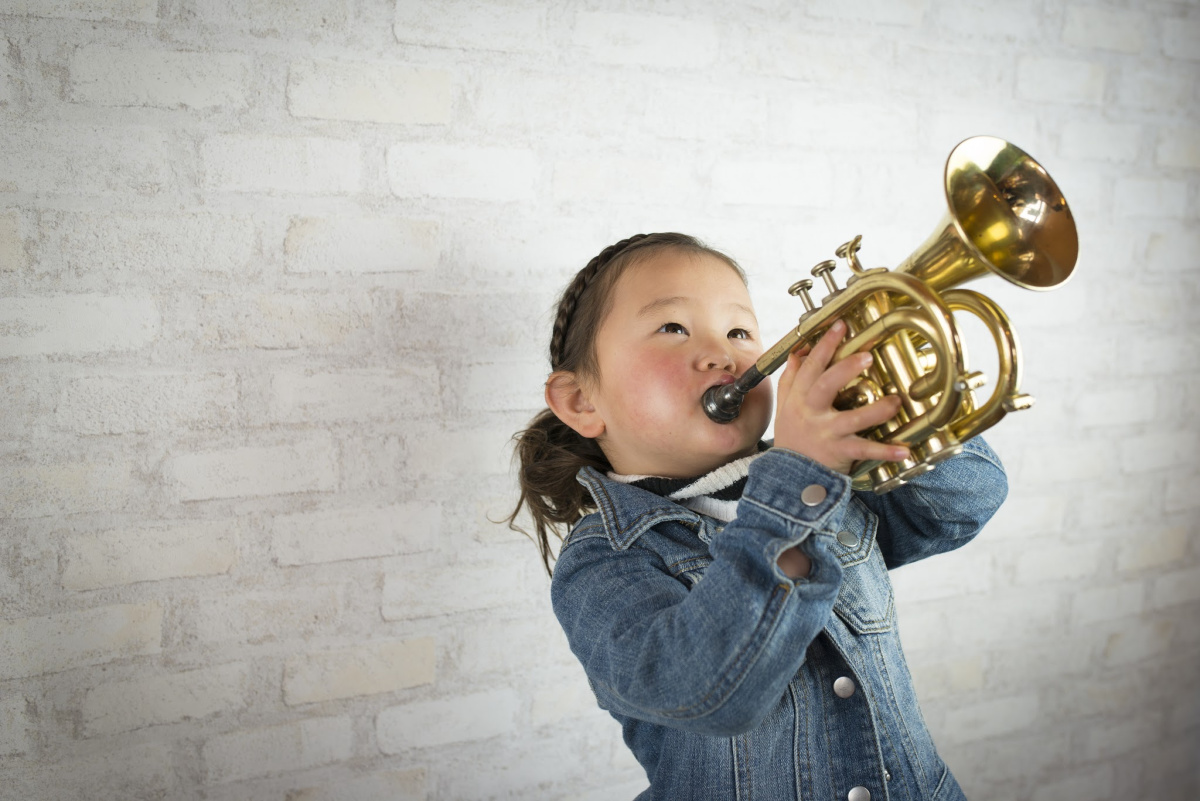
Jazz goes with every season, but summer is especially great for jazz. Especially around July 4th: like blue jeans, it’s America’s gift to the world.
For more ideas about summer experiences you can do while learning at home with your kids, visit the main page, Charter a Summer of Learning.
Preschoolers Dig It
On the most fundamental level, jazz is a blast. It got big by being so darn much fun to move around to. Try dancing around to the original recordings of
One O’clock Jump (Count Basie)—As you dance, get kids to use words that say how it makes them feel.
Cape Verdean Blues (Horace Silver)—Some Latin fun to try new moves
Take Five (Dave Brubeck)—Cool as a cucumber-infused water. Tricky rhythms to dance to. Take turns on air drums during that great drum feature.
Grade Schoolers Dig It Up
As kids grow, they can suss out the different parts that make the music what it is. Listen (and dance around to) the original recordings of
One O’clock Jump (Count Basie)—That cool left-hand piano pattern! Mimic it! If you’ve got good bass in your speakers, you’ll hear that walking bass line go up and down the stairs and bounce all around. In the horns, listen for the riffs: those repeated little phrases that build and build and then combine for a huge ending.
Cape Verdean Blues (Horace Silver)—Listen for the ways they dance around the same rhythm with different melodies. See if you can name all the instruments playing. Check out how Horace (the pianist) does little melodies with one hand, but then does that little background rhythm every time with the other hand. It locks down the song and makes it catchy. Try it!
Take Five (Dave Brubeck)—Most songs go 1,2,3,4, 1,2,3,4, 1,2,3,4…. This one goes 1,2,3,4,5, 1,2,3,4,5, 1,2,3,4,5 . . . count along with it. Tricky rhythm: hear how Dave (piano) goes boom-chick, boom-chick, then a slow boom . . . chick . . . so it’s always left- hand-right-hand, the whole song. Hear how reedy the saxophone sounds? Never brash or loud. Notice how the drummer plays around the beat and not just right on it? Why do you think this is called “cool jazz?”
Teens Dig In
Got someone who can play an instrument? Try playing along with some of this stuff. See if you can get some of the non-standard sounds the instrumentalists are getting.
Got listeners? Check out the musicological details above and expand a bit.
Got thinkers? See if you can connect these sounds and styles and pieces to the fashions and ideas and politics of these decades as you listen to the original recordings of
One O’clock Jump (Count Basie) 1930s—this is when jazz was the popular music of the day, comparable to Billie Eilish or Drake. What do you hear that appealed to mass crowds then?
Cape Verdean Blues (Horace Silver) 1960s—jazzers often found ways to make political statements with their song titles and rhythms and styles. Spot anything that would speak to their time? Google some fashions of 1966: any connections? (bright, simple?) How can a musical idea seem like a look?
Take Five (Dave Brubeck Quartet) 1950s—By the late 50s, jazz wasn’t really the popular music. People were moving and dancing to other stuff, so they wanted different directions for jazz. How do Dave and the band answer that desire?
Local Connections for Jazz
With people still not-too-much out of the house, check out some local jazzers online:
The Jazz Protagonists—that’s my group
Doc Watkins—owner of Jazz, TX and terrific pianist/bandleader)
The all-day jazz on KRTU 91.7 and krtu.org
Morris Nelms—jazz professor and elder statesman who does great videos
Ron Wilkins 4tet—COVID-19 survivor and laugh-out-loud-amazing trombonist
Other Jazz Fun
Youtube is a great place to check out some great modern jazz:
Postmodern Jukebox—they take current hits and jazzify them entertainingly
Snarky Puppy—prog jazz that’s blow-your-mind awesome
Diana Krall—friendly, easy standards, great musicianship
Charter Moms Chats
Watch Barry Brake’s interview with Inga Cotton on Charter Moms Chats.
For more ideas about summer experiences you can do while learning at home with your kids, visit the main page, Charter a Summer of Learning.
About the Author
Barry Brake is a professional composer/arranger/performer/producer of music who hasn’t done much live gigging recently, but has continued in arranging and production work from his home studio, as well as hosting the daily radio show Classical Connections for Texas Public Radio. He has two children, Greta and Clara, who love music in different ways.
